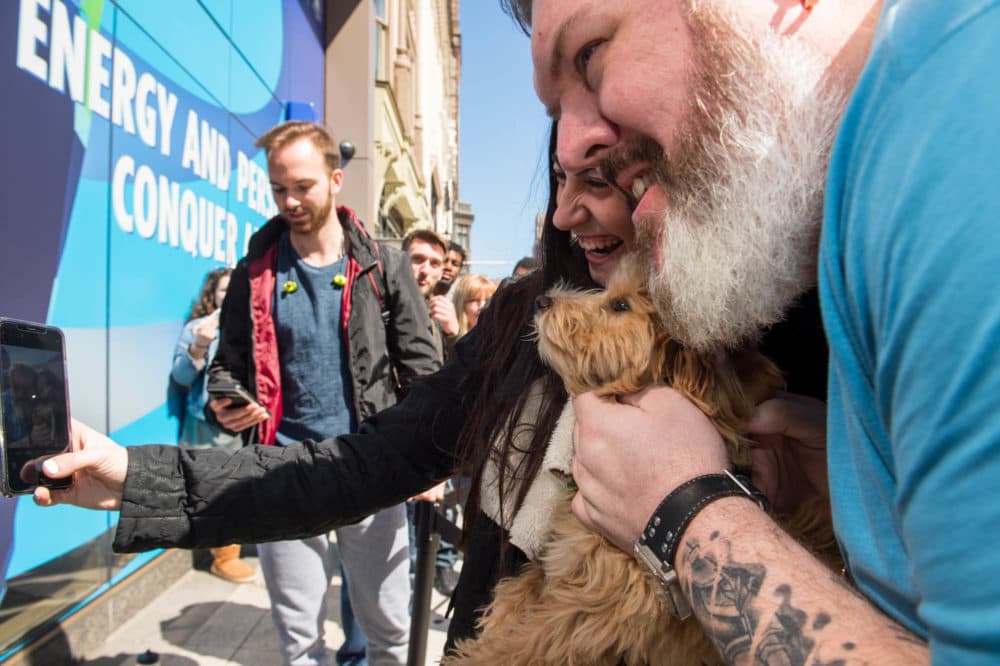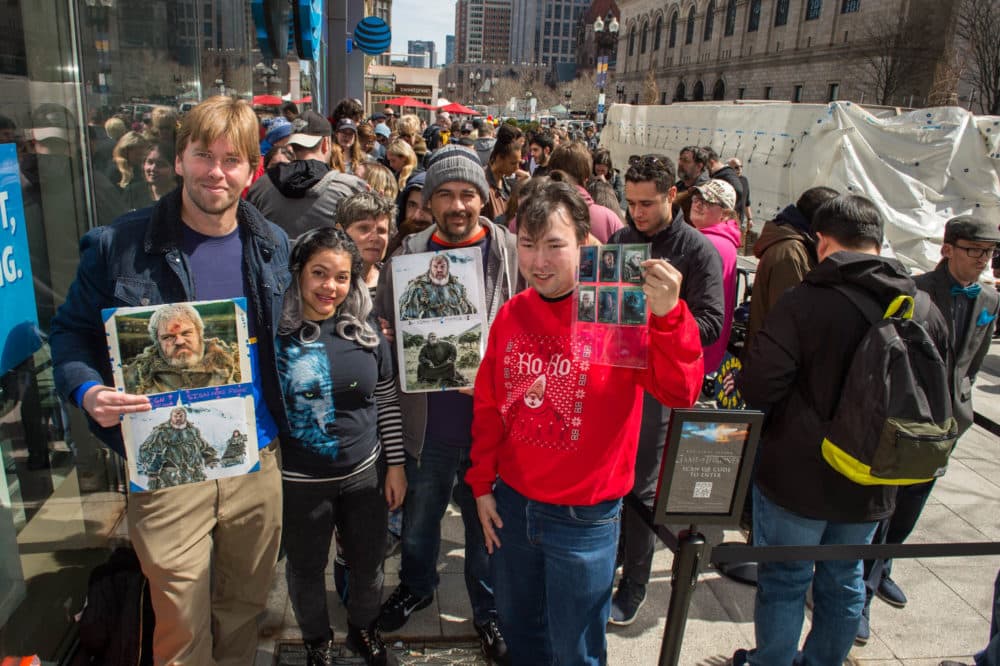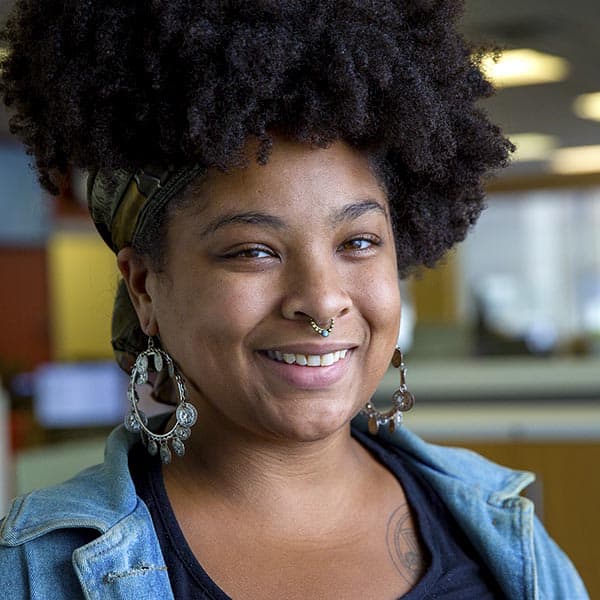Advertisement
Commentary
On The Enduring Legacy Of Hodor

There was Ned Stark’s shocking and unfortunate beheading. Then, the Red Wedding left unsuspecting viewers shook for seasons, paranoid that any and all characters could be on the chopping block next. Even fan favorites weren’t safe from being guillotined by show's writers.
But there was one death that was notably poignant, so much so that fans balked for weeks. And this character only ever says one word throughout the six seasons he’s on the show.
Hodor, a gentle giant of a man, was a singularity in HBO's wildly popular classic “Game of Thrones” series. His stature easily dwarfed that of any other character on the show (aside from the giants and perhaps Gregor Clegane AKA “The Mountain”), but his existence was one of nonviolence, of passive do-gooding, but do-gooding nonetheless.
“He was a unique character in Westeros,” said actor Kristian Nairn, who played Hodor. He played the role of Hodor until the character’s untimely demise in season six. “He was one of the only people who didn’t have motives or an agenda.”
Nairn was recently in Boston promoting the April 12 premiere of the eighth and final season of “Game of Thrones." It’s been almost two seasons since Hodor’s death but his character still resonates with fans of the show. As they lined up outside for a chance to meet with Nairn, he sat quietly inside, adjacent to Hodor’s massive costume coffined in clear glass.
Nairn spends his days touring as an international DJ, not dragging Bran Stark to safety like his on screen counterpart. “That costume can’t be the one from the show,” Nairn joked good naturedly. “If it was, we’d smell it from here. With all of the running and sweating, the costume got pretty rank.”
Nairn tours the globe, sometimes under the “Rave of Thrones” moniker, but he’s been DJing for over two decades now, well past the beginning of the “Game of Thrones” series. He found that prior to Hodor becoming such a central character to the show’s plot, people who knew him as a DJ were surprised that he was also an actor. Ironically, as Nairn gained more pop culture notoriety for his role as Hodor, "Game of Thrones" fans were surprised to learn that Nairn was a house DJ. “I felt like I was on some sort of game show where I constantly had to prove myself,” Nairn explained. “I studied both music and acting so neither one is a stranger to me.”
For his role as Hodor, Nairn utilized nuanced body movements and focused particularly on facial expressions to infuse the character with life. Hodor does, after all, only say one word — his name. “I had to react in very subtle ways, to very subtle stimuli,” Nairn said. “It was quite difficult. It took a lot of control of your body and expressions and you really have to know what you want to convey.”
In contrast, there were times when Hodor was “mind controlled” or “warged” by Bran Stark and in these instances, Nairn had to create layers of identity within one character. “It was me, playing a character, playing another character,” he said, with another one of his infectious laughs.

Hodor’s emotional complexity is, in part, due to his unabashed ability to both feel and to display his emotions. When he was scared, we could see it clearly as he curled into a ball and repeated “Hodor” over and over again to drown out the sounds around him. When he was happy, he expressed it, often with a wide smile and a more cheerful rendition of “Hodor, Hodor.” There was no cool mask of nonchalance so many of the other characters hide behind. And because of this, we loved him.
What makes Hodor such an enduring, lovable character? For some, he represented innocence and pureness of heart. “People were invested in him,” Nairn said. “People are always rooting for the underdog. They could see themselves in him.” For others, he symbolized how brute strength should be used — sparingly and only with reason, an ideology lost on most of the rulers in the Seven Kingdoms. When he died protecting Bran and Meera from the army of undead wights, much of that died with him. There were many deaths before, yes. But Hodor was special.

In a show where life is quite literally treated as a game of chess, Hodor had no agenda. He wore no mask, spun no illusions and certainly had no interest in using others for gain. Hodor was larger than life but he was one of the only characters who wasn’t a caricature of humanity.
He was, to put it quite simply, a real one.
As “Game of Thrones” moves into its final season, I can’t help but wonder what things would look like, if the characters played less political games and placed more importance on living candidly, out of a will to do good just for the sake of doing good. It certainly wouldn’t be the same beloved tension-ridden show and it certainly wouldn’t be called “Game of Thrones.”
But it does beg the question: What would Westeros and beyond look like if everyone lived less like Targaryens and Lannisters and Tyrells and Starks and a little more like Hodor?
